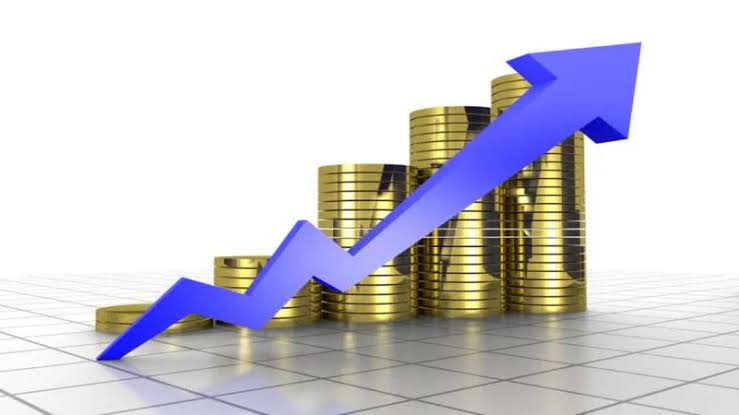[ad_1]

Analysts at Financial Derivatives Company (FDC) Limited have said that they expect Nigeria’s inflation rate, which has been on an upward trend in recent times, to start to recede this month.
The analysts, who made the prediction in a report containing their outlook for 2025, said the expected moderation in inflation “will be supported by base effect and exchange rate stability.”
However, the analysts projected that the country’s inflation rate, which rose for the third consecutive month to 34.60 per cent year-on-year in November 2024, from 33.88 per cent in October, will rise further to 35 per cent in December 2024.
As the analysts put it: “Inflation is expected to start moderating in January 2025 after hitting 35per cent in December 2024. The disinflation will be supported by base effect and exchange rate stability.”
In a recent report, analysts at Cowry Asset Management Limited predicted a 35.20 per cent inflation for December 2024, citing factors such as the usual increase in prices during the festive season, as well as naira depreciation, high food prices and sustained pressures from energy costs.
The analysts stated: “Looking ahead, inflation is expected to rise further in December 2024, with Cowry Research forecasts suggesting a figure of 35.20 per cent due to price increases from festive activities.
Factors such as naira depreciation, high food prices, and sustained pressures from energy costs are likely to keep inflation elevated.
“While inflationary pressures may begin to moderate in 2025 due to base effects, the method of financing the Federal Government’s projected budget deficit of N13.08 trillion for 2025 could create additional inflationary pressure.”
They further said: “The persistence of high inflation in 2024 reflects deep-seated structural issues in Nigeria’s economy.
Despite the Central Bank of Nigeria’s (CBN) tight monetary policy stance, including raising the benchmark interest rate to 27.50 per cent in November, inflationary pressures have proven resistant.
“Structural bottlenecks such as inadequate infrastructure, high energy costs, and logistical inefficiencies continue to undermine the effectiveness of monetary policy measures, leaving consumers and businesses grappling with escalating costs.”
New Telegraph reports that in his keynote address at the annual bankers’ dinner organised by the Chartered Institute of Bankers of Nigeria (CIBN) on November 29, CBN Governor, Mr. Olayemi Cardoso, stated that the apex bank’s tight monetary policy stance was beginning to rein in surging inflation and that the regulator was expecting, “a downward trend in 2025.”
Please follow and like us:
Related
[ad_2]
Source link


